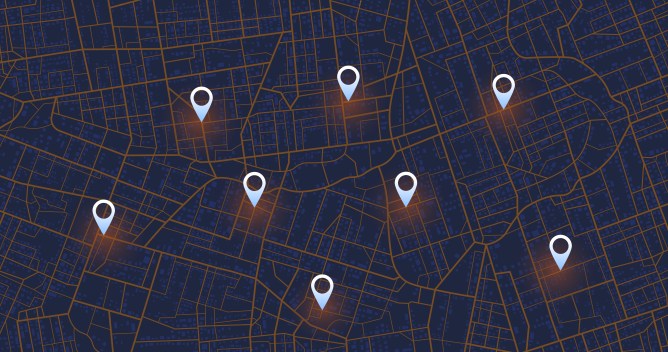Journalists in Europe discovered it was surprisingly easy to spy on top European Union officials using commercially available location data sold by data brokers. This occurred despite Europe having some of the world’s strongest data protection laws. EU officials have expressed concern about the trade of mobile phone location data belonging to both citizens and officials. In response, they have issued new guidance to staff on how to counter this tracking.
A coalition of reporters obtained a dataset offered as a free sample from a data broker. This sample contained 278 million location data points from the phones of millions of people in Belgium. Most of this location data is collected by ordinary apps installed on a person’s phone and is then sold to data brokers. These data brokers subsequently sell that information to governments and militaries.
The dataset included the detailed location histories of Europe’s top officials, including individuals who work directly for the European Commission in its Brussels headquarters. Reporters identified hundreds of devices belonging to people who work in sensitive areas around the EU. This included 2,000 location markers from 264 officials’ devices and approximately 5,800 location markers from more than 750 devices in the European Parliament.
Europe’s GDPR law is considered one of the strongest data protection regulations globally. However, watchdogs and officials across Europe have been slow to take stronger enforcement action against data brokers. The data brokering industry has grown into a billion-dollar business involving the sale and trade of people’s location data and other private information.
To counter some of this location tracking, Apple customers can anonymize their device identifiers. Android owners can regularly reset their device’s identifier. Last year, a data broker named Gravy Analytics experienced a data breach that exposed the location data of tens of millions of people. This data included information on where they have been, where they live, and where they work. Researchers examining the data said these location records could be used to extensively track people’s recent movements.

